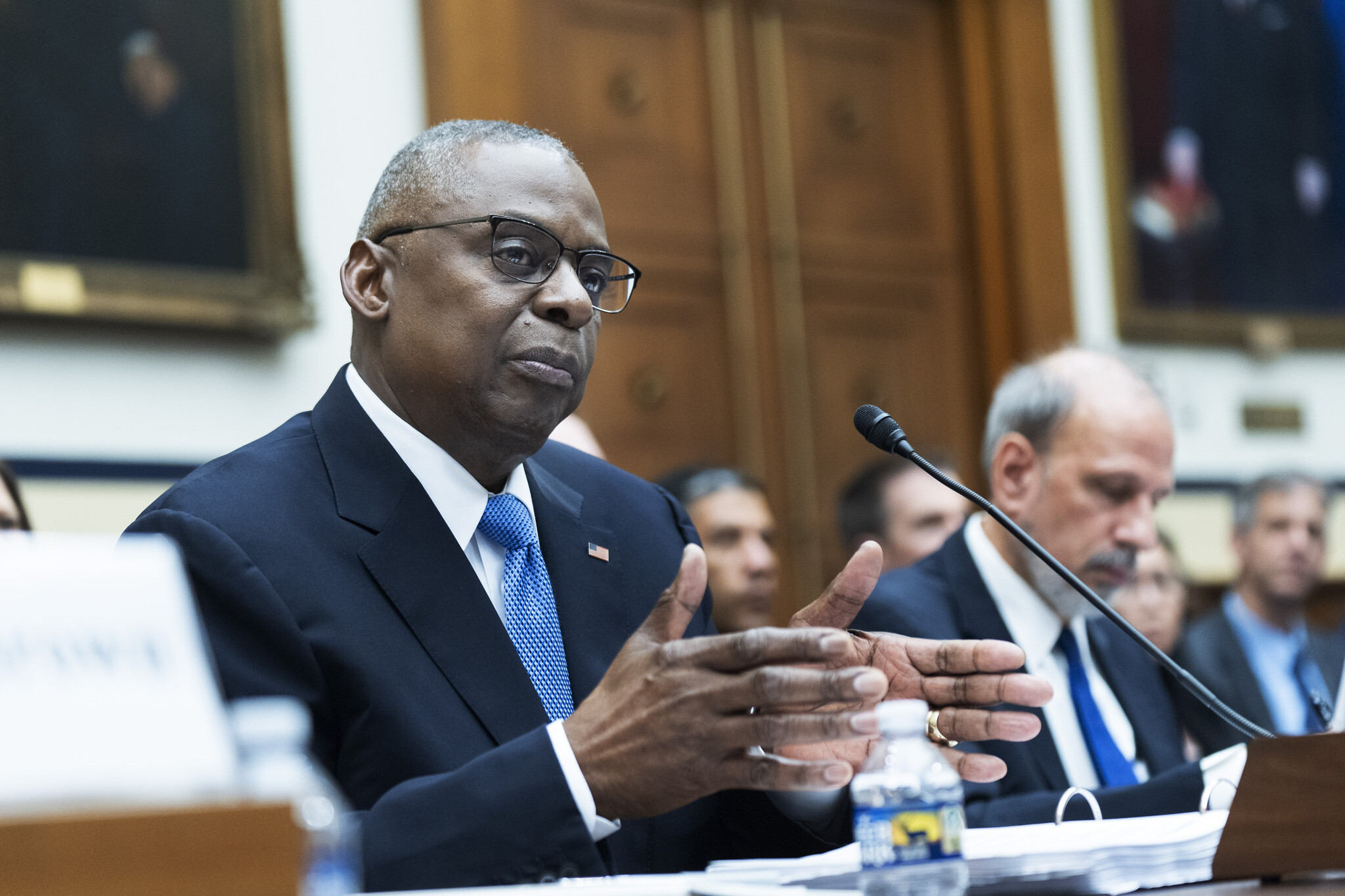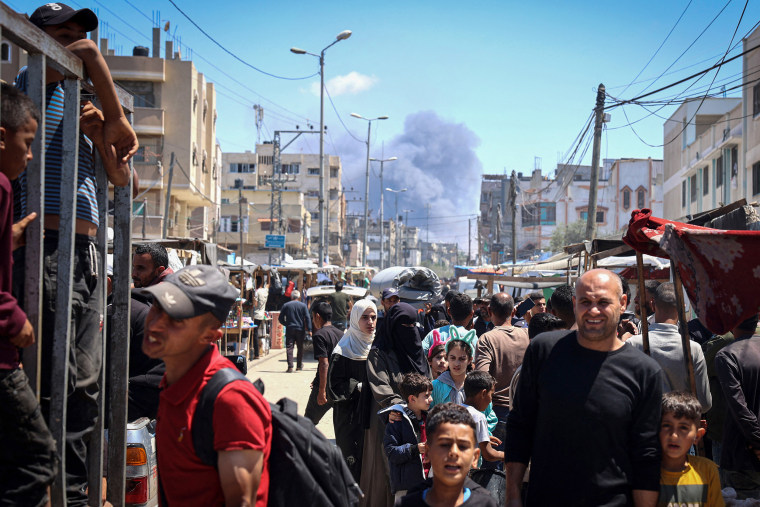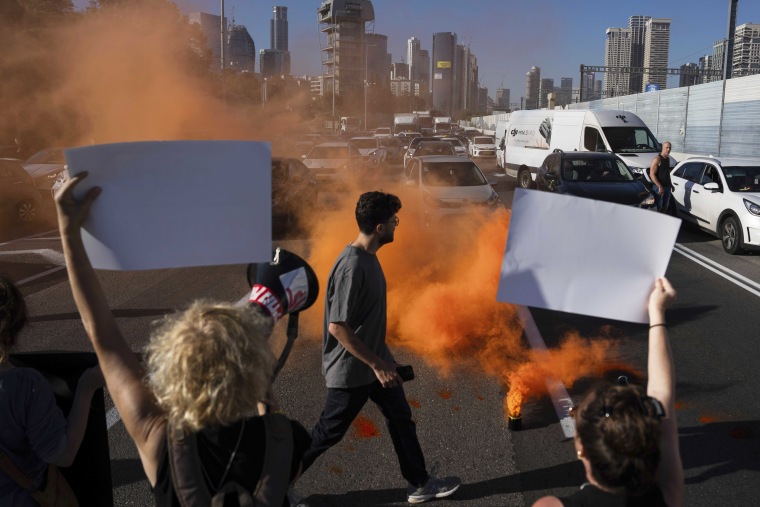
In a significant development, the Biden administration has paused the shipment of thousands of weapons to Israel, including contentious 2,000-pound bombs, amid escalating concerns about the country's intentions to expand a military operation in southern Gaza. This action could potentially lead to a dramatic increase in the conflict's death toll. A senior administration official stated that Israel should not initiate a major ground operation in Rafah, where over a million people are trapped with no place else to go. The U.S. is particularly concerned about the impact of the 2,000-pound bombs in densely populated areas, as seen in other parts of Gaza.
This decision has been linked to Israel's plans for a large-scale assault on Rafah, a city in the Gaza Strip. Secretary Lloyd J. Austin III said that the United States had made it clear to Israel that they should not launch such an attack without taking proper measures to protect civilians. The U.S., along with other allies, has warned that an all-out assault on Rafah could lead to a humanitarian disaster for hundreds of thousands of displaced Gazans living in tents and temporary accommodations.
This move by the Biden administration has been met with mixed reactions from politicians. Top House Republicans with oversight of U.S. foreign and military affairs, Michael McCaul (R-Texas) and Mike Rogers (R-Ala.), criticized the pause in arms shipments to Israel, arguing that it weakens Israel's position against threats from Hamas in the Gaza Strip and Hezbollah in Lebanon. However, some Democrats have welcomed the pause, expressing concerns about contributing to a humanitarian crisis and civilian deaths in the Gaza Strip.
The situation remains tense as negotiations for a cease-fire deal continue to secure the release of Israeli hostages held by Hamas since their kidnapping on October 7. The outcome of these negotiations could have significant implications for Israel, Gaza, and the region as a whole.








